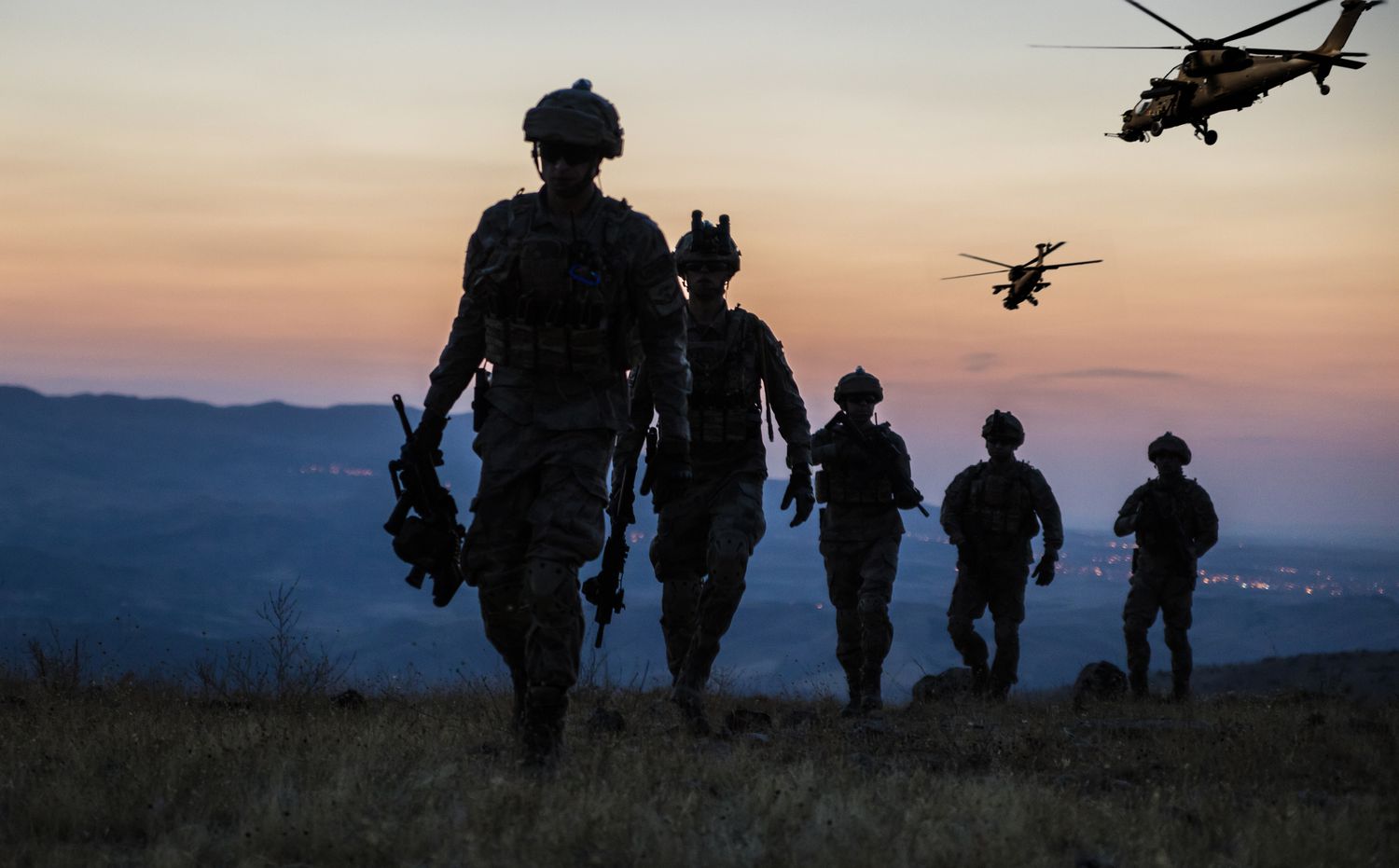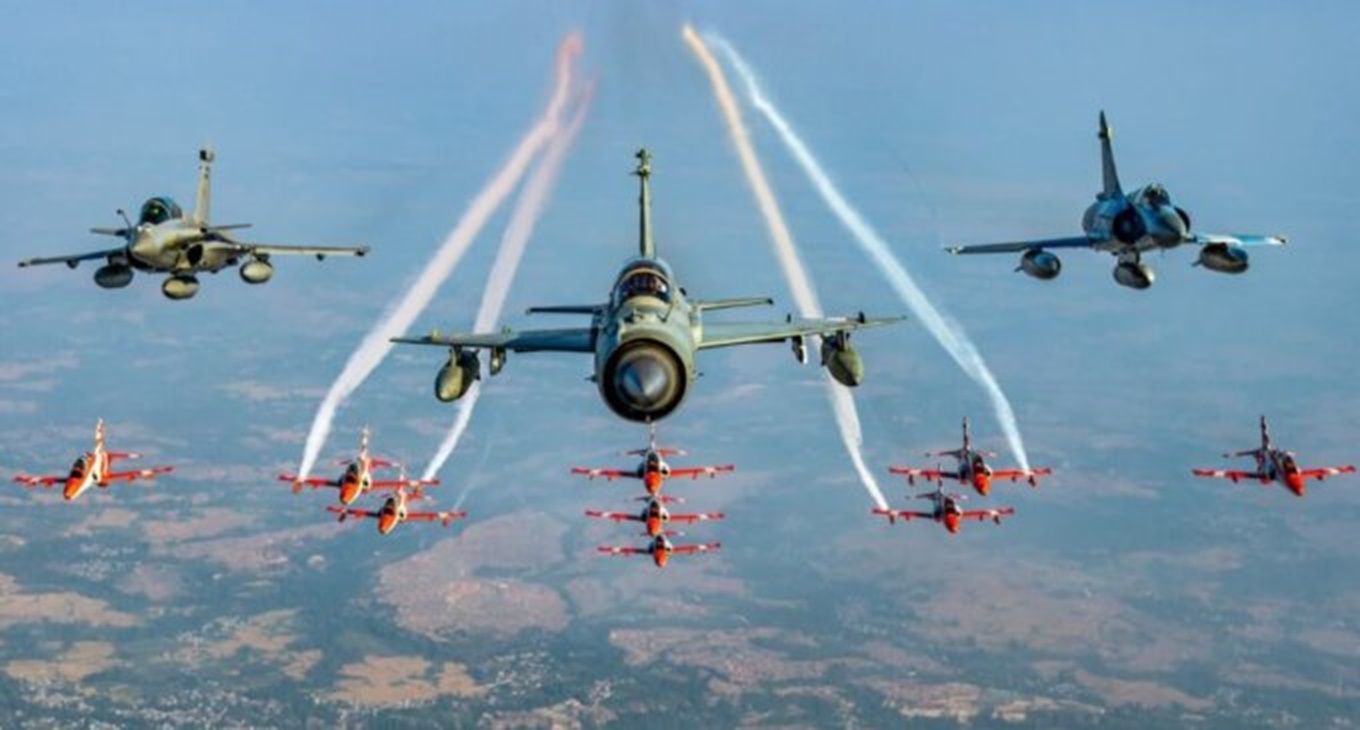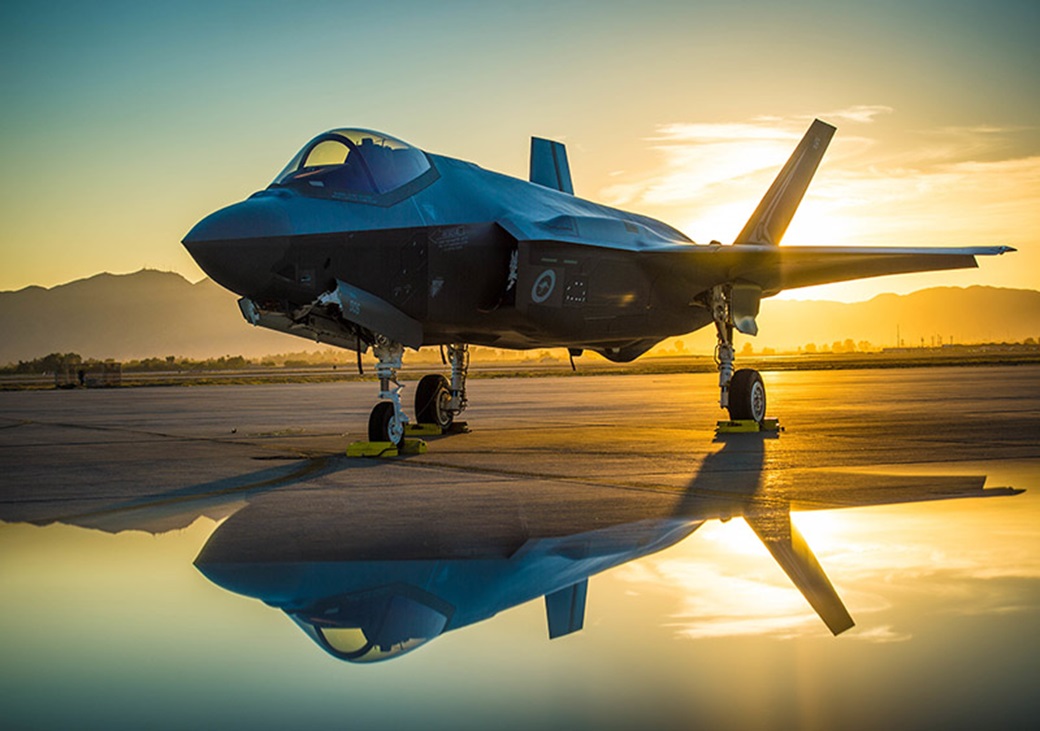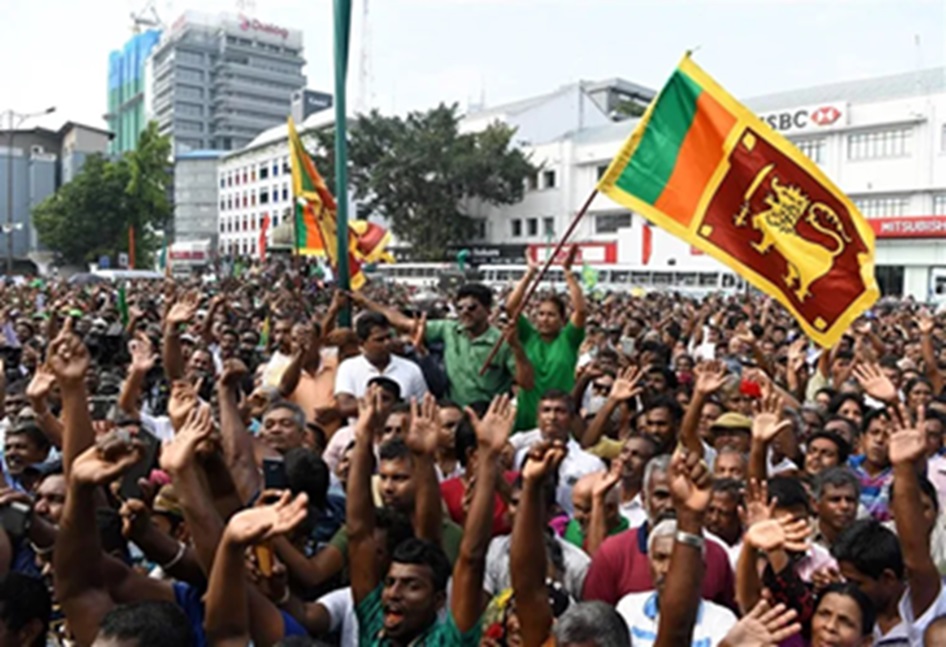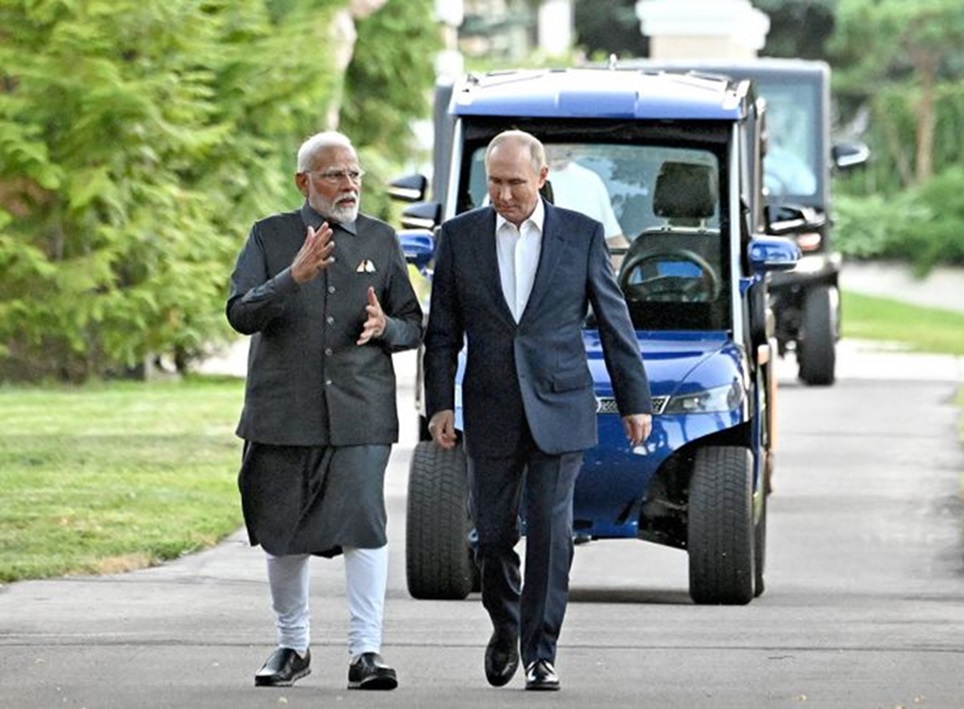National security can never be undermined and it should be kept on top of the priority list by all the ruling Governments.
In the 21st century, true security is not only a matter of defending against military threats but also addressing the root causes of instability, such as poverty, inequality, and climate change. It requires a holistic approach that recognises the interdependence of nations and the shared responsibility to build a more secure and prosperous world: Susan Rice, former US NSA.
Contextualising National Security in the 21st Century
The 21st century has ushered a transformation in the global arena, with its new threats, challenges and complexities, which require a paradigm shift in understanding the national security calculus.
It has been stated as the century of the mind and transformation. The traditional notions of war and peace, national power, and deterrence have blurred. Thus, necessitating a comprehensive and adaptive approach to safeguarding a nation’s interest. The weaponisation of all instruments of national power and society has added fragility to the security paradigm.
In the complex landscape of the 21st century, the definition of national security has evolved beyond traditional boundaries. As societies become more interconnected, threats transcend borders and manifest in diverse domains, national security is not merely about military strength but involves a comprehensive understanding of economic stability, cyber security, environmental sustainability, and social cohesion.
The threats emanating from scarce resources and non-traditional aspects like water, energy, health, education, environment and technology to a nation add another dimension. National Security is an inclusive concept wherein security and defence are not interchangeable.
Security incorporates defence and collectively they coexist and stand for national security. It thus encompasses political maturity, soft and hard power, focused and equitable development and growth of human and material resources, and public understanding and support.
National Security Threats
In the contemporary era, national security threats extend beyond traditional military conflicts to encompass a diverse array of challenges. Terrorism, cyber threats, water, a debilitating energy crunch, pandemics, climate change, economic vulnerabilities, education not networked to employment and technology disparity are among the multifaceted risks that nations must contend with.
The interconnectedness of the globalised world means that events in one region can have cascading effects, underscoring the need for a comprehensive understanding of security threats. Some of the threats are elucidated below: –
Energy Security: Energy diversification is critical, as traditional reliance on fossil fuels poses both environmental and security risks. Investing in renewable energy contributes to environmental sustainability and enhances energy security, reducing vulnerabilities to supply chain disruptions and geopolitical fallouts.
Resource Depletion: Resource crunch, be it water, energy, food or any other essential commodity is a critical aspect, as a nation heavily dependent on external sources may face vulnerabilities and geopolitical risks.
Migration: Mass migrations due to conflict, climate change, or economic instability pose significant challenges to national security. Nations must adopt comprehensive policies that address the root causes of displacement, contribute to international humanitarian efforts, and integrate refugees effectively to ensure social stability and security.
Non-state Actors: The rise of non-state actors, including terrorist organisations and transnational criminal networks, challenges the conventional understanding of security threats. Their ability to operate across borders and exploit technological advancements requires adaptive strategies, emphasising intelligence cooperation, targeted counterterrorism efforts, and international collaboration.
Islamist Radicalism and Toxic Ideology: Islamic extremism poses a multifaceted challenge to global security, necessitating a nuanced and comprehensive approach to counteract its influence. This phenomenon goes beyond mere acts of terrorism, extending to the propagation of radical ideologies that undermine principles of peace and coexistence. Countering Islamic extremism and ideological threats demands a comprehensive and collaborative approach that extends beyond immediate security measures.
Healthcare: Global health challenges, exemplified by pandemics, showcase the intrinsic link between public health and national security. Robust healthcare systems, international cooperation on disease surveillance, and timely response mechanisms are vital components of a comprehensive national security strategy.
Social Cohesion: Myriad internal threats and challenges to social cohesion, pose significant hurdles to the nation’s harmonious development and internal security. Persistent issues such as religious and caste-based tensions, religious radicalisation, economic disparities, and regional imbalances contribute to social fragmentation.
The rise of identity politics and the polarisation of communities further strain the social fabric. The proliferation of fake news and misinformation through social media exacerbates these challenges, amplifying societal divisions and fostering mistrust.
Is Deterrence a Dead Concept in the 21st Century?
In the 21st century the traditional concepts of deterrence, once securely grounded in the state-centric model of the 20th century, now face unprecedented challenges. Repeatedly conventional deterrence across the globe has failed. The death of deterrence in the 21st century is a multifaceted phenomenon, intricately woven into the fabric of evolving security paradigms.
As the vectors of war and peace undergo profound changes, the complexities introduced by non-state actors, new domains of conflict, and the challenges of a multipolar, multi-partnership world questions the ingredients of deterrence. Adapting deterrence strategies to this shifting landscape requires innovative thinking and a willingness to transcend traditional frameworks to ensure global stability in an era defined by unprecedented complexity.
Redefining National Power Calculus
National power is no longer a matrix of only military prowess but also economic resilience, technological prowess, political stability-cum-diplomatic acumen and soft power capabilities. The digital age has elevated the importance of cyberspace and cognitive space as a domain of power.
Moreover, the ability to harness innovation, foster education, and project cultural influence has become integral to a nation’s standing in the global arena. The following are key components that constitute national power in the contemporary era:
Military Power: Traditional military strength remains the principle component of national power. This includes the size and capability of a nation’s armed forces, technological advancements in defence systems, its threats and its force projection capability.
Economic Power: Economic strength is a critical pillar of national power. A robust economy provides the resources necessary for military capabilities, infrastructure development, and social programmes. Key indicators include GDP, PCI, industrial capacity, innovation, and economic diversification.
Technological Power: With globalisation and the technology boom, a new term ‘Geo-technologies’ has emerged which has become a tool of strategic competition and power play. At the centre of this contest is technology, a driver for economic, political, diplomatic and military power.
In the 21st century, technological prowess is a critical element of national power. Nations that lead in research and development, innovation, and the application of cutting-edge technologies gain a strategic advantage. The key challenges remain fiscal funding on technology R&D and complementary human resource development, which remain subpar.
Soft Power: Soft power represents a nation’s ability to influence others through cultural, educational, and diplomatic means rather than coercion. It includes the appeal of a country’s political values, cultural exports, educational institutions, and international diplomatic influence.
Information Power: Control and manipulation of information have become integral to national power. Countries that excel in information warfare, media influence, and strategic communication can shape narratives, influence public opinion, and gain an advantage in the global information landscape.
Diplomatic Power: Diplomatic influence involves a nation’s ability to build alliances, negotiate favourable agreements, and navigate international relations effectively. Skilled diplomacy enhances a country’s standing in the global community and promotes its national interests.
Energy Security: The ability to secure a stable and diverse energy supply is crucial for national power. Countries that possess diverse and sustainable energy sources reduce vulnerability to external disruptions and geopolitical tensions.
Environmental Sustainability: Recognition of the importance of environmental sustainability contributes to a nation’s soft power capacity and long-term stability. Addressing environmental concerns and adopting sustainable practices enhance a country’s reputation and resilience.
Human and Resource Capital: The quality of a nation’s workforce, education system, and healthcare infrastructure are vital components of national power. A skilled, healthy, and innovative population contributes to economic productivity and technological advancement. Similarly, resource crunch, be it financial budgeting or commodity provision impacts the national security calculus.
Resilience and Adaptability: Nations that can effectively adapt to changing circumstances and withstand shocks, whether economic, environmental, or geopolitical, exhibit a form of power in their resilience. This includes the ability to recover from crises and navigate uncertainties.
Recommendations for India
India, as a rapidly emerging global power, faces unique challenges and opportunities in the 21st century. To enhance its national security posture, the following recommendations are crucial:
National Security Strategy: In light of these challenges, a well-defined ‘India First’ national security policy and strategy is imperative for a coherent pre-emptive and proactive strategic response. This strategy should be dynamic, adaptable, and inclusive, involving all relevant stakeholders, including government agencies, the private sector, and civil society.
The core components of such a strategy must include, risk assessment and mitigation, international cooperation, technology innovation, human and resource security besides other vectors of hard and soft power.
Modern Military Capabilities: Military hard power remains the primary measure of respect and a nation’s security calculus. This requires realistic budgeting, self-reliance and transformation of military war-fighting joint doctrines, structures and training to counter future threats.
Investing in modernising the armed forces, with a focus on advanced technology, intelligence capabilities, and multi-domain joint force capability becomes imperative. Above all human terrain and military leadership, to overcome the challenges of the 21st century remain primary motivation.
Counterterrorism and Intelligence Cooperation: Strengthen counterterrorism efforts by enhancing intelligence capabilities and collaborating with international partners. Address the evolving threat landscape posed by non-state actors through coordinated efforts in intelligence sharing and joint operations. Have a strategy and action plan to eradicate Islamist terrorism and its toxic ideology.
Cyber Resilience: Strengthen cyber-domain measures to protect critical infrastructure, sensitive information, and financial systems. There is a need to develop a robust cyber offensive and defensive strategy that includes pre-emptive, proactive and preventive measures, and effective response mechanisms.
Diversify Energy Sources: Promote the swift transition and adapt renewable energy to bolster energy security, diminishing reliance on fossil fuels. This not only assuages environmental concerns but also reduces susceptibility to geopolitical tensions in resource-rich regions.
Strategic Diplomacy: Actively participate in diplomatic initiatives to fortify multiple partnerships, and contribute to resolving regional and global challenges. Diplomacy serves as a pivotal factor in nurturing international cooperation and advancing India’s interests on the global stage.
Invest in Education and Innovation: Prioritise education and innovation to harness the demographic dividend, fuelling economic growth. A skilled and innovative workforce propels technological advancements, economic prosperity, and national resilience.
Climate Resilience: Formulate strategies to mitigate the impact of climate-related challenges, such as extreme weather fallouts, pollution and environment degradation, water scarcity, and food insecurity. This encompasses investing in sustainable practices, and renewable energy, and participating in global endeavours to curtail carbon emissions.
Global Health Security: Prioritise healthcare infrastructure, research, and international collaboration to effectively address global health threats. Active engagement in global health governance mechanisms ensures a coordinated response to pandemics and emerging health challenges.
Adaptive Deterrence Strategies: Re-evaluate and adapt transformative deterrence strategies to integrate non-traditional threats. Adopt a blend of military strength, economic resilience, cyber security, and soft power to effectively deter potential adversaries.
Overall, the 21st century presents a dynamic and intricate security landscape, demanding nations to adjust and redefine their national security approaches. The convergence of the language of war and peace, the evolving facets of national power, and the manifold threats necessitate a comprehensive and flexible national security strategy.
For India, strategically modernising its military capabilities, countering Islamist radicalism, fortifying cyber security, diversifying energy sources, engaging in strategic diplomacy, and investing in education and innovation will contribute to a secure and resilient future amid emerging challenges.
Ultimately, a forward-looking and adaptive approach is pivotal in navigating the complexities of the contemporary security landscape. The 21st century marks an era of transformation and transition, calling for a paradigm shift in the innovative ways in which we evaluate national security and try to counter its challenges.
Disclaimer: The views and opinions expressed by the author do not necessarily reflect the views of the Government of India and Defence Research and Studies
Title image courtesy: https://www.thoughtco.com/
Article Courtesy: https://raksha-anirveda.com/

